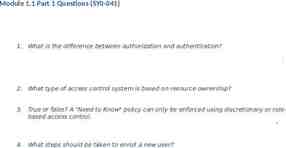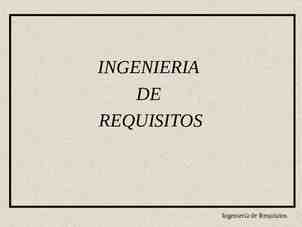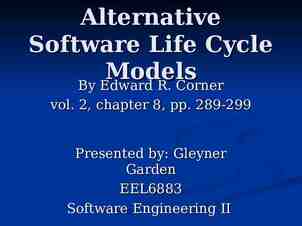Transactional & Transformational Leadership
16 Slides59.50 KB

Transactional & Transformational Leadership

Central Questions: 1) 2) How do leaders create and sustain change? What style of leadership is needed to motivate people to undertake change?

Transactional Leadership Based on the concept of exchange between leader and group members Leader provides resources and rewards in exchange for motivation, productivity, effective goal, or task accomplishments

2 Forms of Transactional Leadership Contingent Reward Positively reinforce appropriate behaviors Negatively reinforce inappropriate behaviors Highly ineffective and/or satisfying to all

Management by Exception (MBE) Active MBE: MBE monitor groups and correct mistakes Laissez-Faire MBE: MBE leave group alone and only interact when there are challenges

The Downside of Transactional Leadership Low expectations Minimal accomplishments Low levels of satisfaction Focus is on short-term, immediate outcomes only

Transformational Leadership “The ability to get people to want to change and to lead change.”

3 Elements of Transformational Leadership 1) 2) 3) Inspiration and Charisma Intellectual Stimulation Individual Consideration

Inspiration and Charisma Create an emotional bond between leader and group How can you do this?

Intellectual Stimulation Challenge the group to identify and solve challenges (out of the box)

Individual Consideration Develop appropriate personal relationships with members Treat members differently but equitably

Summary 1) 2) 3) Inspiration and Charisma: Charisma builds and sustains an emotional bond that overcomes the psychological and emotional resistance to change Intellectual Stimulation: Stimulation provides the new solutions and innovations that empowers members Individual Consideration: Consideration encourages members because they actually know the leaders

Transcendent Leadership We are all connected. Humankind is not divided by false distinctions such as race, gender, or even culture but is one species with a multitude of histories and experiences.

Transcendence involves 1. 2. 3. 4. 5. 6. A climate of trust by walking the talk Information sharing transparency and disclosure Meaningful participation in all aspects of the event Collective decision making Consensus Protecting and valuing divergent views Redefinition of roles Associates

The Transcendent Leader 1. 2. 3. 4. 5. 6. Reflective Value-Centered Global in perspective Facilitator of dialogue and deliberation Open-minded Service above Self

Summary Transactional Give something to get something Transformational Go beyond self interests for the good of the whole Transcendental Service above self “To Rule or Govern is easy – To Lead is Difficult.”





